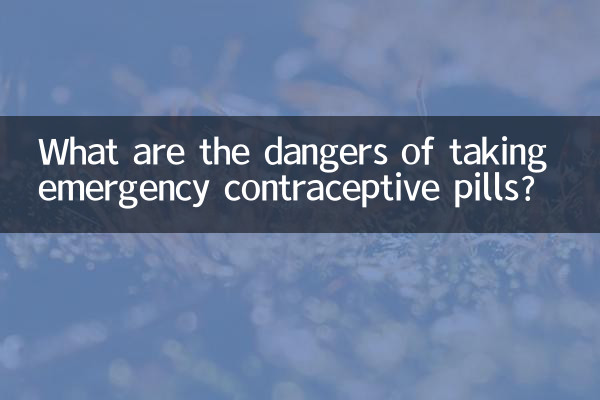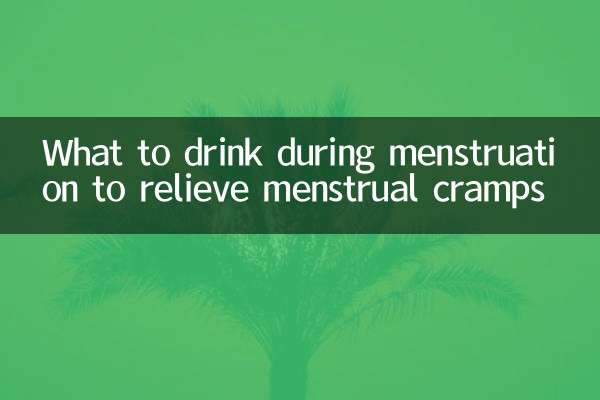What are the dangers of taking emergency contraceptive pills?
Emergency contraception is a remedial measure used after unprotected sex or contraceptive failure. Although it can effectively reduce the risk of unwanted pregnancy, frequent or improper use may bring certain health risks. The following is a structured analysis of the potential harms of emergency contraceptive pills.
1. Common side effects of emergency contraceptive pills

| Side effect type | probability of occurrence | duration |
|---|---|---|
| Nausea, vomiting | About 50% of users | 1-2 days |
| Irregular vaginal bleeding | 30%-40% | 1-2 menstrual cycles |
| Headache, dizziness | 20%-30% | 24-48 hours |
| breast tenderness | 15%-20% | 3-5 days |
2. Potential risks of long-term use
1.Endocrine disorders: Emergency contraceptive pills contain high doses of progesterone. Frequent use (such as more than once a month) may interfere with the normal menstrual cycle and lead to irregular menstruation or amenorrhea.
2.Fertility effects: Although there is no evidence of permanent reduction in fertility, it may delay recovery from ovulation in the short term.
| Frequency of use | menstrual recovery time | Delayed ovulation days |
|---|---|---|
| single use | 7-10 days | 5-7 days |
| Used multiple times within 3 months | 15-30 days | 10-14 days |
3.blood clot risk: Estrogen-containing emergency contraceptive pills may slightly increase the risk of venous thrombosis, especially in women who smoke, are obese, or are over 35 years old.
3. Precautions for special groups of people
| Crowd type | risk level | Suggestions |
|---|---|---|
| lactating women | medium to high risk | Stop breastfeeding for 24 hours after taking the medicine |
| People with liver and kidney dysfunction | high risk | Use only after evaluation by a doctor |
| Teenagers (<17 years old) | medium risk | Guardians need to know |
4. Suggestions for correct use
1.time window: The best effect is when taken within 72 hours (some new drugs can be extended to 120 hours).
2.Frequency of use: No more than 3 times per year and no more than 1 time per month.
3.alternative: It is recommended to use emergency contraception as the "last line of defense" and give priority to conventional contraceptive measures (such as condoms, short-acting contraceptive pills).
5. Expert reminder
The director of the Department of Obstetrics and Gynecology at Peking University First Hospital pointed out: "The success rate of emergency contraceptive pills is about 85%-95%, and it cannot replace regular contraception. If menstruation is delayed for more than 1 week after taking the pill, a pregnancy test is required in time."
Data from the Shanghai Family Planning Institute shows that among emergency contraceptive users in 2023, 23% have reused it ≥ 3 times within 1 year, and 68% of them have symptoms of menstrual disorders.
In summary, emergency contraception is an important contraceptive remedy, but its use must be strictly followed. It is recommended that women take medication under the guidance of a doctor or pharmacist and establish a scientific long-term contraceptive plan.

check the details

check the details